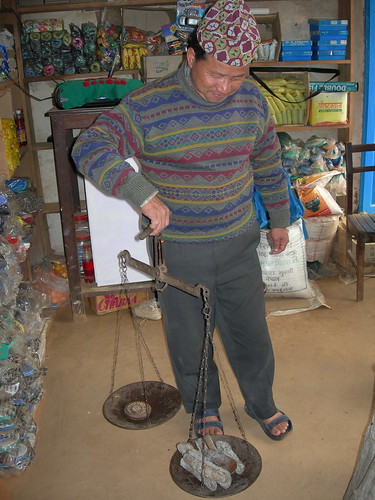I was at the Ulearn conference recently where several learners were talking about having a voice, being heard and saying what you think. In these times of change; debate and honesty are needed because the present reality is not the preferred future (the outcome of these debates will determine our direction into the unknown.)
In one workshop, on edupunk a discussion was raised suggesting that because of the danger of pornography and misuse students should not be allowed to have mobile devices in the learning environment. I found myself getting agitated while listening to someone outlining the issue who seemed incredibly reticent to allow mobile devices within the school system due to this risk. Mobile devices are ubiquitous and they are becoming “T H E M A J O R P E R S O N A L” connectivity mechanism.
There is much talk about schooling becoming irrelevant and while I think this is far from the case I would like to argue here that these risks may gain traction in an education system that doesn’t accept its role has changed and that an approach to internet safety must embrace change from within; utilising an ecological approach.




Engage or lose relevance

On a weekday 6 hours is the average time spent in school 18 are spent in the outside world. Sure there is the little matter of sleep and eating but the figure above speaks for itself. When we consider that access to learning technologies is probably greater outside of the school we have a curriculum of self direction. The options for good and bad, sustainable and unsustainable, moral and immoral, positive and negative, creative and consumerist are boundless outside of school. Students are learning more than ever outside of our gates. Our separation of the technological means used in the two environments is an untenable position in the long term and I propose - in the here and now. In waiting to be prepared we may lose our opportunity be part of the ecological development.
The Youth/Teens ie our Students have A participatory culture.
This participatory culture is “a culture with relatively low barriers to artistic expression and civic engagement, strong support
for creating and sharing one’s creations, and some type of informal mentorship whereby what
is known by the most experienced is passed along to novices.A participatory culture is also
one in which members believe their contributions matter, and feel some degree of social connection
with one another (at the least they care what other people think about what they have
created). Forms of participatory culture include:
Affiliations — memberships, formal and informal, in online communities centered
around various forms of media, such as Friendster, Facebook, message boards,
metagaming, game clans, or MySpace).
Expressions — producing new creative forms, such as digital sampling, skinning and
modding, fan videomaking, fan fiction writing, zines, mash-ups).
Collaborative Problem-solving — working together in teams, formal and informal,
to complete tasks and develop new knowledge (such as through Wikipedia, alternative
reality gaming, spoiling).
Circulations — Shaping the flow of media (such as podcasting, blogging).” taken from the confronting the challenges
report from the Mc Aurthur Foundation
The same report suggests the following and reading it helps me think what our preferred future might be:
“Rather than dealing with each technology in isolation, we would do better to take an ecological
approach, thinking about the interrelationship among all of these different communication
technologies, the cultural communities that grow up around them, and the activities they support.”
My Beliefs are that given the cultural communities that exist for young people are so connected they have the potential to bypass and ignore a formal education system.
Our steps towards a preferable future
- Engage with students in the creation of an AUP that focuses on a vision for digital citizenry
- Understand and explore what kids are doing in the 21st century
- Help learners to learn from each other and from wider connections
- Develop utility and understanding of the contribution points for connected mobile devices
- Allow students to develop and explore suitable ethics and use
- Provide faster cheaper safer (ie filtered but not stifled ) connectivity for mobile devices in our school
- Learn ourselves
- Accept new curriculum
- Take risks (“the best way to predict the future is to make it”)
What this does not mean
This does not mean that learners can have whatever content they like on their phones etc but rather that we understand we will maximise both learning and shared values through adopting acceptable use based on http://www.utechtips.com/aup-driven-by-vision-not-protection/




























